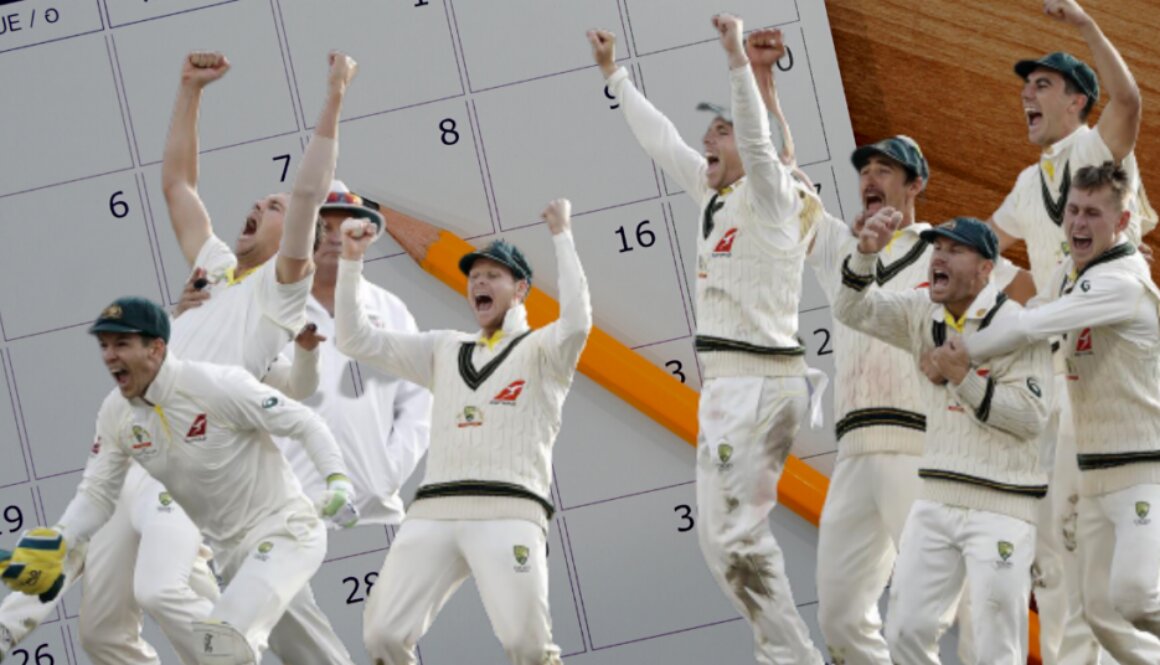IFK Gothenburg tidigare tränare bekräftade död just nu…
hen the camera panned over to Mats Gren on the evening of 1 October 2018 at the Tele2 Arena in Stockholm, IFK Gothenburg’s sporting director held a solid and steely gaze. His eyes were transfixed almost forebodingly on the pitch. Gren’s side were 3-0 down after 79 minutes to Hammarby, making it three losses in a row. The team from Sweden’s west coast had failed to win in six. Even worse, they’d only managed seven league wins in 24 matches so far that season. The club were in freefall.
With the Allsvenskan season drawing to a close, they found themselves unwittingly embroiled in a relegation battle. IFK’s 10th-place finish the season before was its worst league position in 15 years, and it looked like it was going to get a whole lot worse. Gren needed to spring into action, yet he was nowhere to be found.
It later transpired that following the defeat against Hammarby, IFK Gothenburg’s sporting director decided it was the perfect time to go on holiday to Hawaii, just as the club were nearing arguably their most crucial period in a generation. They were facing the unthinkable, they were facing relegation. It was the final straw that led to Gren’s dismissal, and it capped off a reign punctuated by fractious relationships, mismanaged finances, severe drops in results, and the exits of key players for little to no return.

It all needs to be put into context. IFK Gothenburg are one of the most successful and prestigious teams in the history of Swedish football. They have a collective 13 Swedish league titles to their name as well as seven Swedish Cups. They are the only Scandinavian team to have won a European honour, with two UEFA Cup victories in the 1980s. Gothenburg have, over their 104-year history, become a household name at home and abroad. First rising to be the preeminent club in their own city, then to prominence on a national level, before finally embarking boldly on to the European stage.
But it wasn’t always like this. The first team to lead the line in Sweden’s second city were actually Örgryte, who became the first Swedish Champions in 1896. They sealed their early dominance with successive titles in the following three years. Örgryte would tussle with the boys from the capital, Stockholm’s most successful side, AIK, but would return to dominate for much of the 1910s. In the midst of Örgryte’s success, another team was coming to life in Gothenburg, and in October 1904, after a meeting at Café Olivedal on the edge of the city’s western suburbs, IFK Gothenburg was born.
The city’s thirst for football was absolute, and Örgryte paved the way for the obsession that has gripped the city since. The problem was that Örgryte were the team of the middle class, in a city dominated by the docks and industrial warehouses. Gothenburg is a working-class city and always has been. Almost overnight, IFK were to become the representatives of the dominant social stratum.










Post Comment